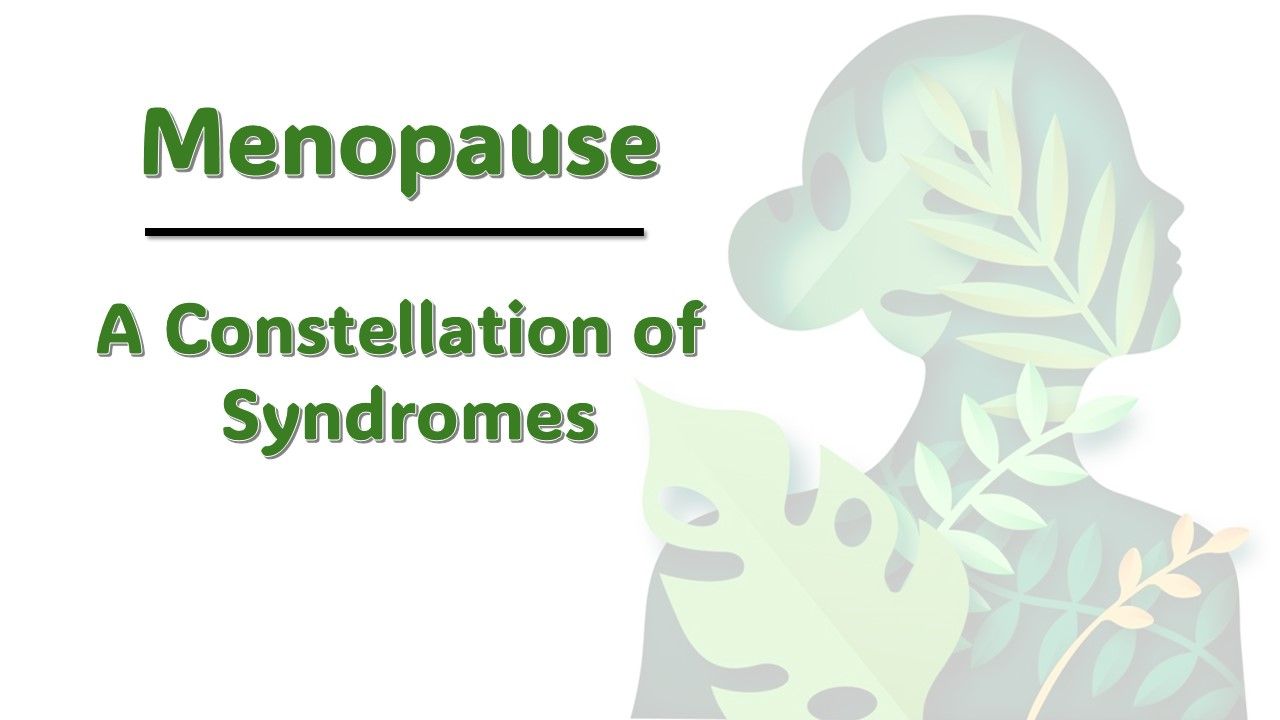Menopause: A Constellation of Syndromes Across 13 Body Systems
Our short slide show outlines interrelated syndromes of menopause across 13 body systems, implicating therapeutic targets and approaches for clinical practice.
Menopause has long been defined narrowly by vasomotor, sexual, and genitourinary symptoms. This limited view, however, overlooks the extensive systemic effects of declining sex steroid hormones. Receptors for estrogen, progesterone, and androgens are distributed throughout nearly every organ system, influencing neuroprotection, cardiovascular and metabolic regulation, immune function, and tissue maintenance.1
To illuminate this broader landscape, researchers presenting at The Menopause Society’s 2025 Annual Meeting in Orlando systematically mapped “syndromes of menopause” across 13 body systems, integrating evidence from endocrinology, neurology, cardiology, metabolism, and related fields.2 Their framework identifies distinct but interrelated pathophysiologic patterns—each a potential therapeutic target for hormone restoration and comprehensive care.2
As estrogen production declines, the hormonal network destabilizes, producing multisystem effects once viewed as unrelated. Cognitive changes, cardiovascular disease, visceral adiposity, insulin resistance, and accelerated bone and muscle loss now appear as interconnected manifestations of endocrine deficiency. Even the gastrointestinal tract, skin, and oral cavity show hormone-dependent alterations.1
This evolving understanding reframes menopause as a complex, multisystem transition rather than an isolated reproductive event. Recognizing it as a systemic state of hormone deficiency helps clinicians interpret diverse symptoms, apply multidisciplinary evaluation, and deliver personalized, long-term care.1
The short slide show above outlines the the syndromes of menopause identified in the study, suggesting implications for integrated clinical management.
References
Patel P, Patil S, Kaur N. Estrogen and metabolism: navigating hormonal transitions from perimenopause to postmenopause. J Midlife Health. 2025;16(3):247-256. doi: 10.4103/jmh.jmh_75_25
Alame D, Dominguez-Bali AD, Dominguez-Bali C, Verma S, Dos Santos C. Menopause and its constellation of syndromes. Poster presented at: The Menopause Society 2025 Annual Meeting; October 21-25, 2025; Orlando, FL. Accessed October 21, 2025.















